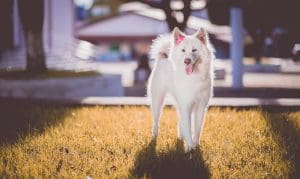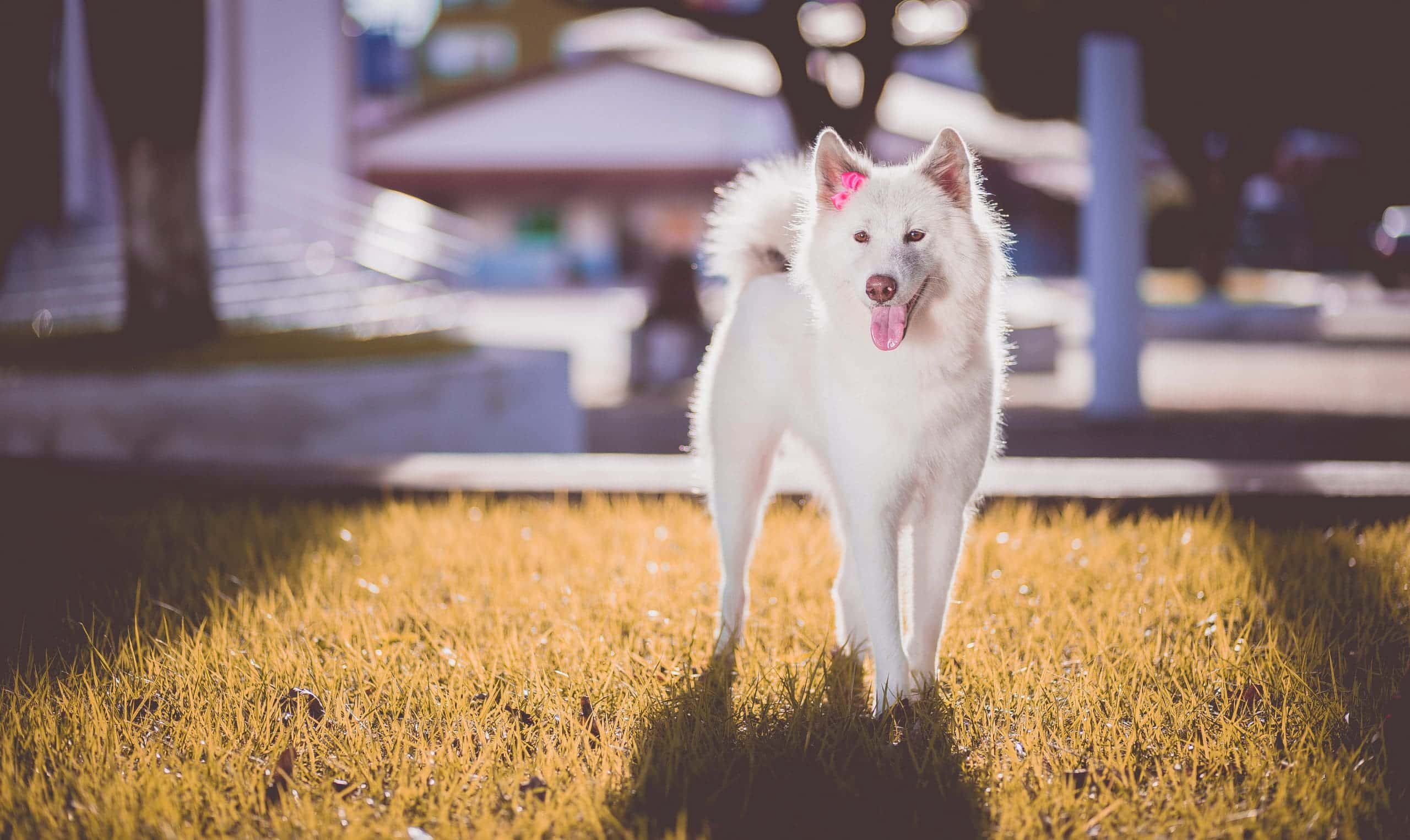 If you’re a dog owner, you may have witnessed your furry friend chomping down on grass at some point. It’s an expected behavior that often leaves us puzzled and wondering why our canine companions engage in such a strange habit. While there isn’t a definitive answer that applies to every dog, a few plausible explanations can shed some light on this curious behavior.
If you’re a dog owner, you may have witnessed your furry friend chomping down on grass at some point. It’s an expected behavior that often leaves us puzzled and wondering why our canine companions engage in such a strange habit. While there isn’t a definitive answer that applies to every dog, a few plausible explanations can shed some light on this curious behavior.
One possible reason behind your dog’s grass-eating antics is their instinct to alleviate an upset stomach. Dogs have been known to consume grass to induce vomiting and relieve digestive discomfort. It acts as a natural remedy, helping them expel any indigestible substances or irritants that may have upset their delicate digestive system. So, don’t be alarmed if you notice your dog munching on grass and then regurgitating it later. It’s just their way of finding relief.
Another explanation for this behavior lies in the nutritional aspect. While dogs are primarily carnivorous, they sometimes crave certain nutrients they may lack in their regular diet. Grass contains essential vitamins and minerals that can benefit their overall health. By instinctively seeking out grass, dogs may try to supplement their diet. However, it’s important to note that a well-balanced diet should provide all the necessary nutrients. If your dog’s grass consumption becomes excessive or they exhibit signs of nutritional deficiency, it’s best to consult a veterinarian.
Additionally, dogs may eat grass simply because they find it enjoyable. Just like humans have specific cravings or indulge in certain foods for pleasure, dogs may have their preferences, too. The texture and taste of grass can appeal to some dogs, and they might engage in grass-eating as a form of sensory exploration or entertainment. It’s similar to how dogs enjoy chewing on toys or bones to occupy themselves. However, if your dog starts exhibiting abnormal behavior or consuming large amounts of grass regularly, monitoring their actions and consulting a professional if needed is crucial.
While grass-eating is generally considered harmless, you can take a few precautions to ensure your dog’s well-being. First and foremost, ensure that the grass your dog has access to is free from pesticides, herbicides, or other harmful chemicals. Opting for organic or pesticide-free lawn care products can help minimize potential risks. Additionally, keeping an eye on your dog’s overall health and providing them with a well-balanced diet can help reduce their urge to munch on grass.
In conclusion, if you ever wonder why your dog is eating grass, remember that no single answer applies to all dogs. It’s a behavior that can stem from various factors such as digestive issues, nutritional needs, or personal preferences. Responsible pet owners must be observant, ensure a safe environment, and consult a veterinarian if they have any concerns. Our furry companions can sometimes surprise us with their quirky habits, but understanding them better helps us provide the care and attention they deserve.[/fusion_text]



